Latest posts by Michael Gerber (see all)
- From Faith Current: “The Sacred Ordinary: St. Peter’s Church Hall” - May 1, 2023
- A brief (?) hiatus - April 22, 2023
- Something Happened - March 6, 2023
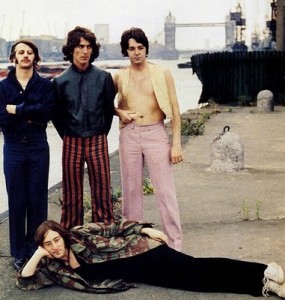
The Beatles during their “Mad Day Out,” 1968
Shenk’s series in Slate provoked this interesting post from my good friend, the progressive pundit Jonathan Schwarz. Check out the comments section, too–I left one, and it’s usually very vigorous.
BTW, enjoy the thematically appropriate “Mad Day Out” pic.

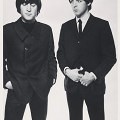
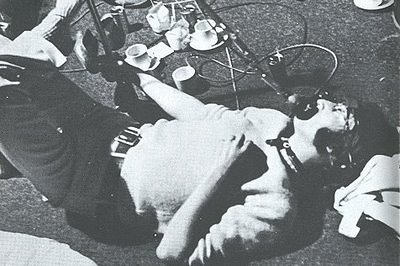
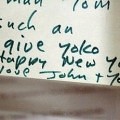
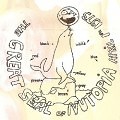

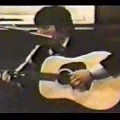
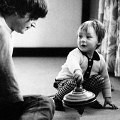

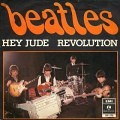
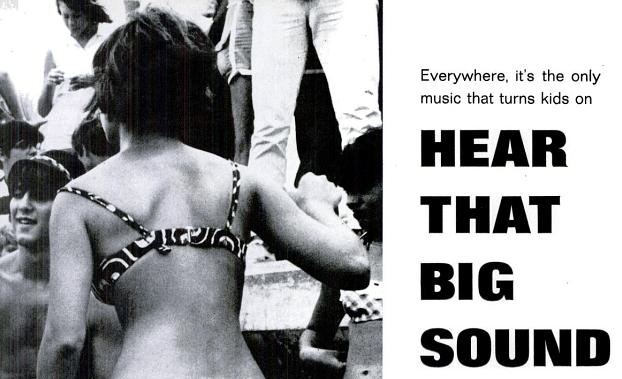
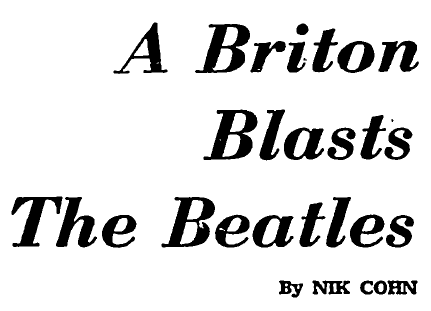

In response to your comments on your buddy’s blog, may I offer this alternative explanation?
What appeared to be Lennon’s reassertion of power in 1968 may have actually been a deliberate—or probably just a passive-aggressive—attempt on his part to disband the group because he wanted, to use a later Lennonism, off the merry-go-round.
We know that at the time he met Yoko, Lennon was unsatisfied in his personal life and was in desperate need of stimulation. When he wasn’t songwriting, he was zoning out in his sunroom at Kenwood, dropping massive amounts of acid or staying up all night chatting with his pal Pete. He was known to spend hours perched on a ledge overlooking the pool, just staring off into space. The camaraderie that had buoyed him through the touring years was waning. What’s worse, as Shenk points out, is that he was envious of McCartney’s arty bohemian urban lifestyle, and maybe he began to sense that Paul was outgrowing him. Since Lennon’s primary dysfunction stemmed from Julia’s early rejection of him, he was very practiced in the self-defensive art of the pre-emptive rejection. If he were to actually leave the band, he just needed somewhere else to place all of his psychic energy. Yoko could both take him out of his situation and escort him through a new world of creative endeavor.
Well, it’s just a thought. And I’m sure I’m not the first Fab Fan to offer such an analysis, but I appreciate your indulging me. 😉
Cara, you oughta post that over at Tiny Revolution’s comments; I think they’d be interested in your thoughts.
I hafta say I was disappointed with the Slate piece. The breakdown of their collaboration on “little help from my friends” was cool. And then most of the rest felt like the familiar usual suspects, little that was new. Especially since 6-8 times he contrasts his analysis with the conventional story about J & P.